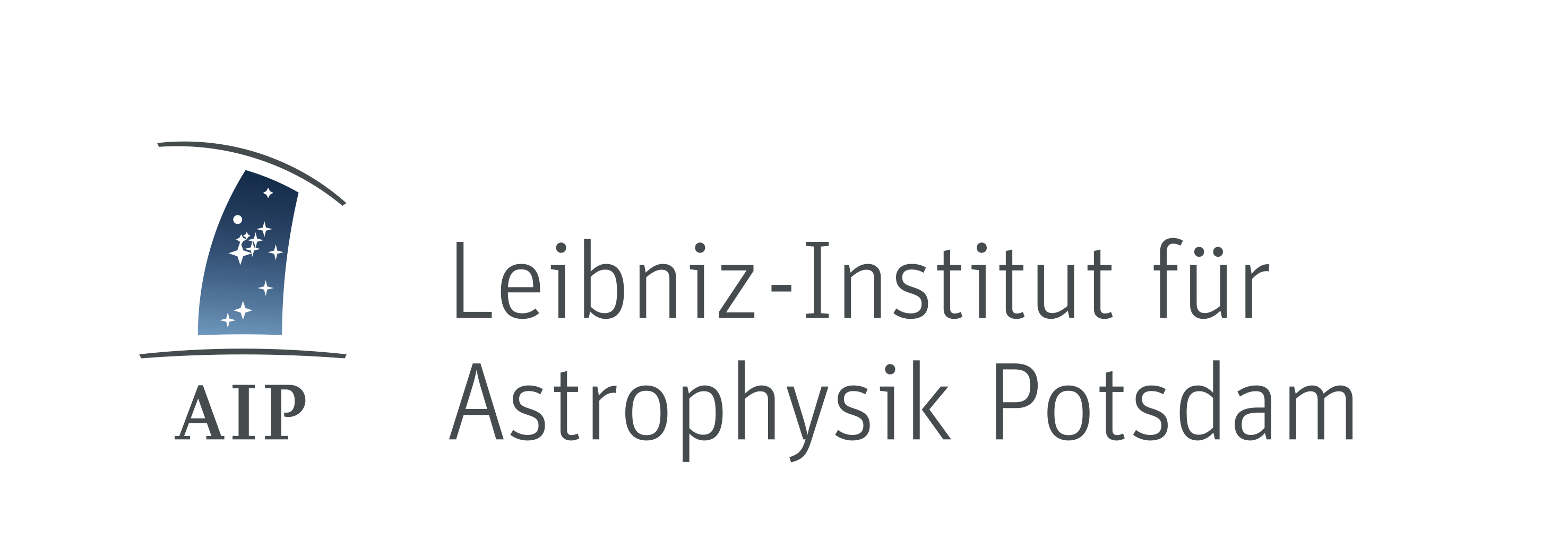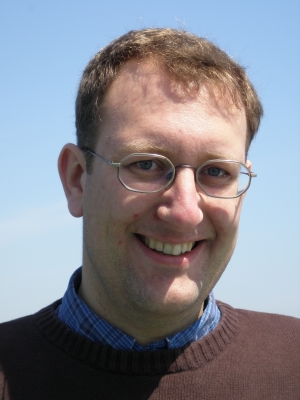
 Christoph Pfrommer
Christoph Pfrommer
- Basic gas dynamics: shock finder and cosmic ray acceleration (CP)
- Magneto-hydrodynamics (PG)
- Numerical viscosity, turbulent subgrid modelling (PG)
- Moving mesh hydrodynamics (CP)
- Mesh discretization: adaptive mesh hydrodynamics (PG)
- Cosmic ray transport and applications (CP)
- Diffusion equation: Anisotropic diffusion / thermal conduction (CP)
- Tree method: Gravity and radiation transport (PG)
- Particle mesh: Particle-in-cell plasma codes: particle acceleration (CP)
Seminar on Computational Astrophysics
Understanding and applying concepts of Computational Astrophysics are a very important part of our research in Astrophysics - be it in form of simulations or when reducing observational data. This Master Seminar aims to close the gap between the academic lectures on Computational Astrophysics on the one side and cutting-edge scientific work on the other. The main aim of it is to create a vibrant atmosphere where the students can learn how exciting concepts of Computational Astrophysics are applied in real astrophysics research while transporting scientific media literacy. As such it complements the lectures and practice sessions of "Modern Computational Astrophysics: Concepts and Applications" (PHY-755 and PHY-765). Participants will independently prepare a topic in this field, resulting in a presentation of 35 minutes plus discussions, and the preparation of a related written report.
Lecturers:
Prof. Christoph Pfrommer (CP) & Dr. Philipp Girichidis (PG)Place and Dates:
The seminar takes place every Tuesday, at 12:15-13:45 in room 2.28.2.080.Course Material:
The topics that will be presented by the students involve scientific papers that can be downloaded at this website (password protected). The following topics will be covered:Accompanying lecture course:
The seminar complements the lecture course on Modern Computational Astrophysics: Concepts and Applications. While participation in this course is not required, it may be highly helpful in understanding the numerical concepts discussed in the scientific papers.Alternatively, the students may enjoy reading the relevant course material, which is based on the revised lecture notes originally written by Prof. Springel (Max-Planck Institute for Astrophysics) and which are available as a
Credit Points:
Credit points for this lectures can be used for the Master Science Astrophysics Modules PHY-775, the Master physics module 731, and the Bachelor Nebenfach Physik Modul PHY AST-CS.Grades and credit points are given for a successful presentation of a topic in Computational Astrophsyics as described above and involves reading, understanding and presenting selected scientific papers.